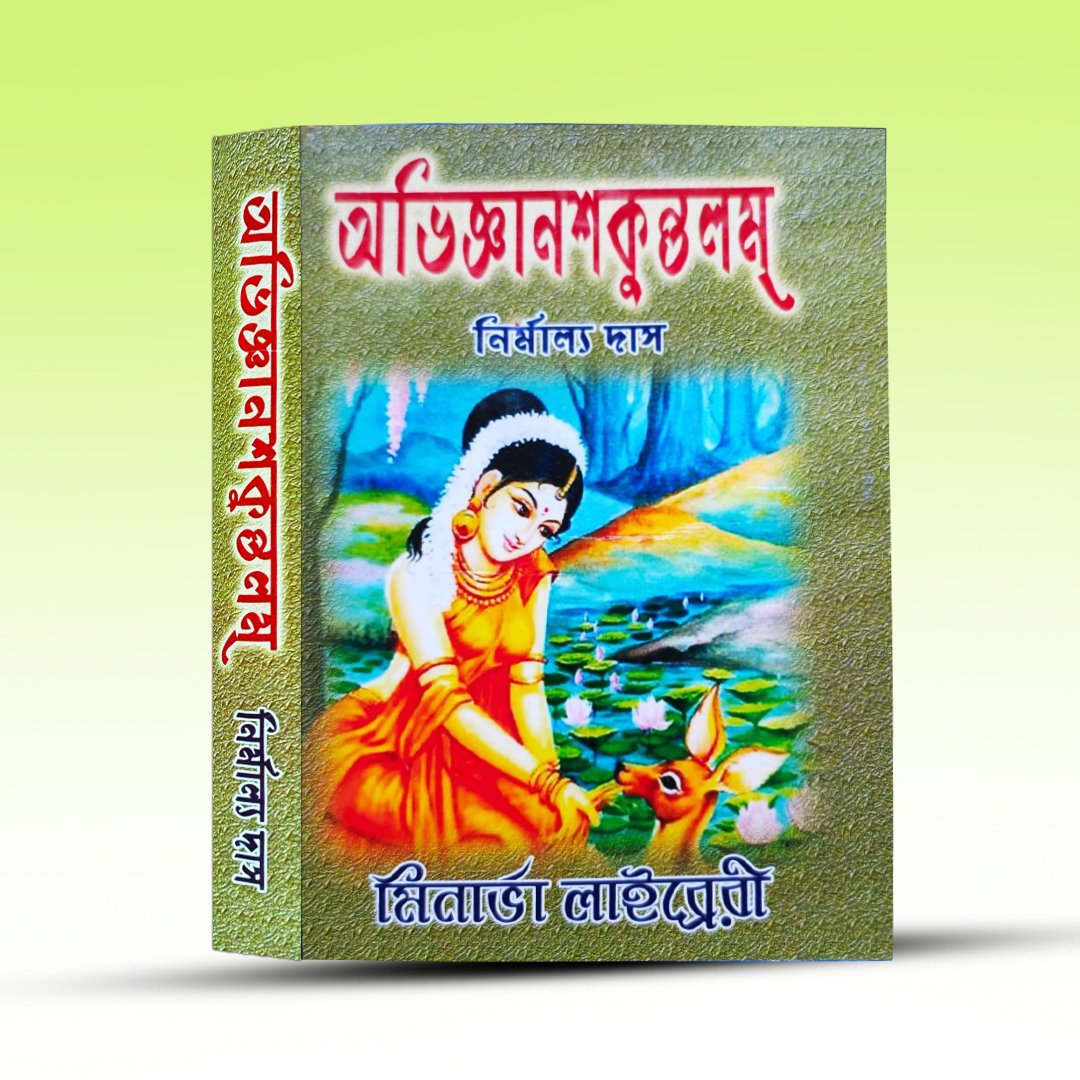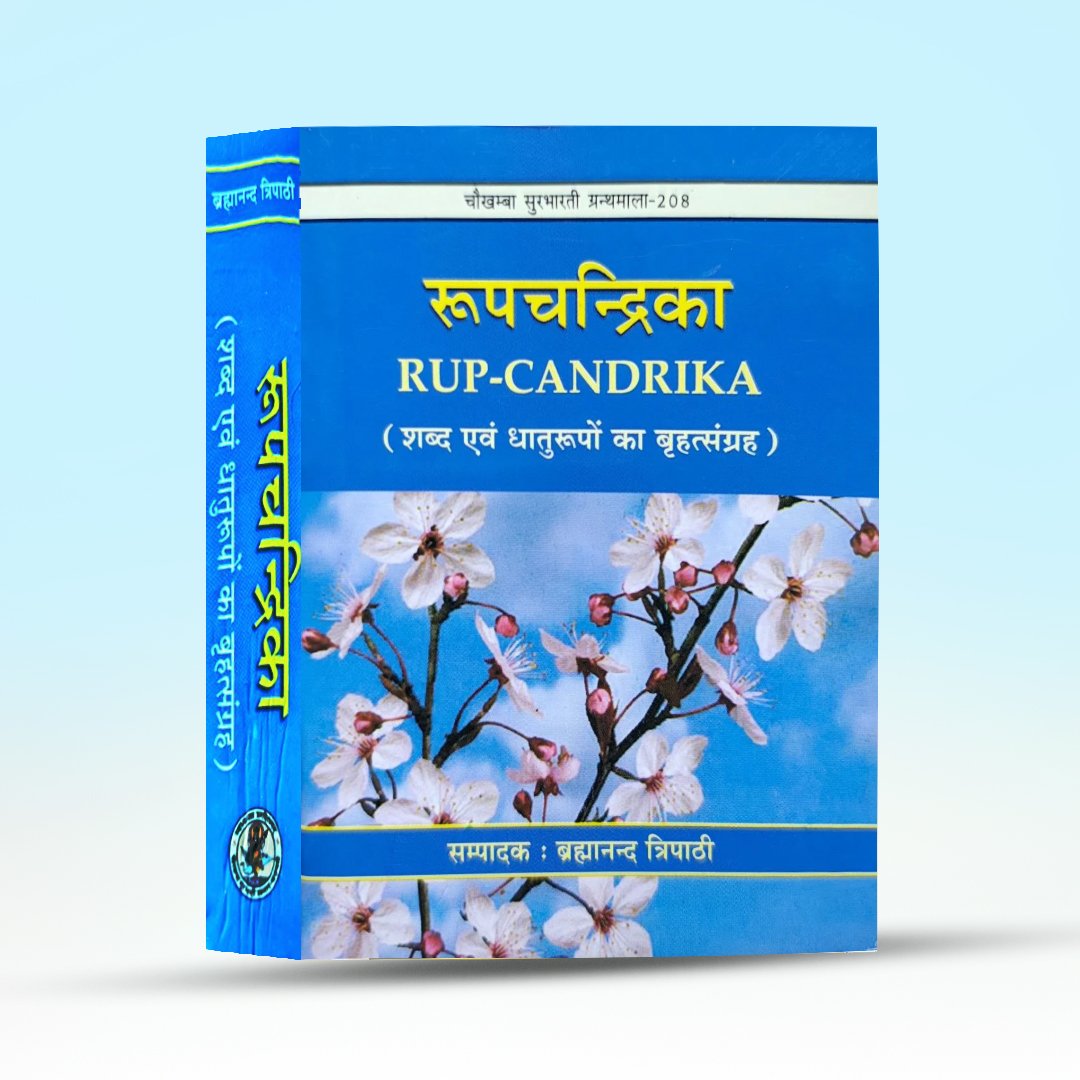Sanskrit Book - Hitapadesh [Sanskrit Pustak Bhandar]
Hitapadesh
Rs. 360.00
Rs. 450.00
20% Off
"Hitapadesh", which means "good advice," is an ancient Indian collection of fables and stories, primarily written in Sanskrit. It was composed by Narayana Pandit, likely between the 9th and 10th centuries CE. This compilation includes tales that often feature animals and humans, with the aim of imparting moral and practical lessons on various aspects of life, including friendship, statecraft, and ethical conduct.
Quantity:
-
Binding Type :
Paperback
-
Published Date :
2023
-
Pages:
-
Weight:
515 (gms)
-
Language:
Bengali
-
Publishers:
-
Tags:
Share it on:

100% Secure
Payment

All India
Delivery

100% Genuine
Product


![Sanskrit Book - Hitapadesh [Sanskrit Pustak Bhandar].jpg](https://boibipani.in/public/product/Sanskrit Book - Hitapadesh [Sanskrit Pustak Bhandar].jpg)
![Bihar BPSC BSTET Sanskrit Book 9-12 - Sanskrit Nirjhar [Krishnakali Mondal].jpg](https://boibipani.in/public/product/Bihar BPSC BSTET Sanskrit Book 9-12 - Sanskrit Nirjhar [Krishnakali Mondal].jpg)
![Sanskrit Sahitya Shastra Book - Sahitya Darpan [Sanskrit Pustak Bhandar].jpg](https://boibipani.in/public/product/Sanskrit Sahitya Shastra Book - Sahitya Darpan [Sanskrit Pustak Bhandar].jpg)
![Sanskrit Sahitya Book - Abhigyanam Shakuntalam [Sanskrit Pustak Bhandar].jpg](https://boibipani.in/public/product/Sanskrit Sahitya Book - Abhigyanam Shakuntalam [Sanskrit Pustak Bhandar].jpg)
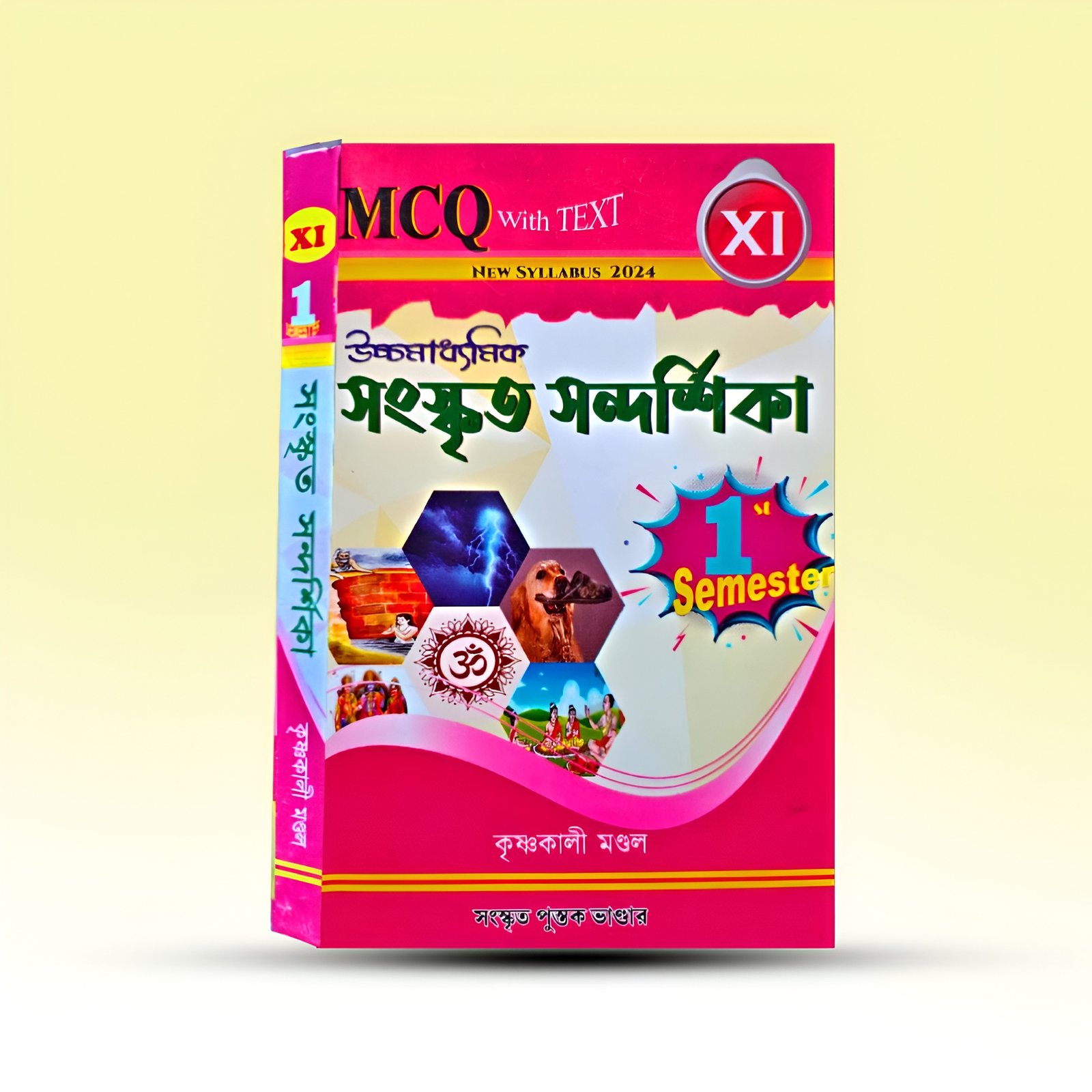

![Sanskrit Grammar - Sanskrita Byakaroner Upokramika O Anubadchandrika - [Sunil Kumar Jana].jpg](https://boibipani.in/public/product/Sanskrit Grammar - Sanskrita Byakaroner Upokramika O Anubadchandrika - [Sunil Kumar Jana].jpg)

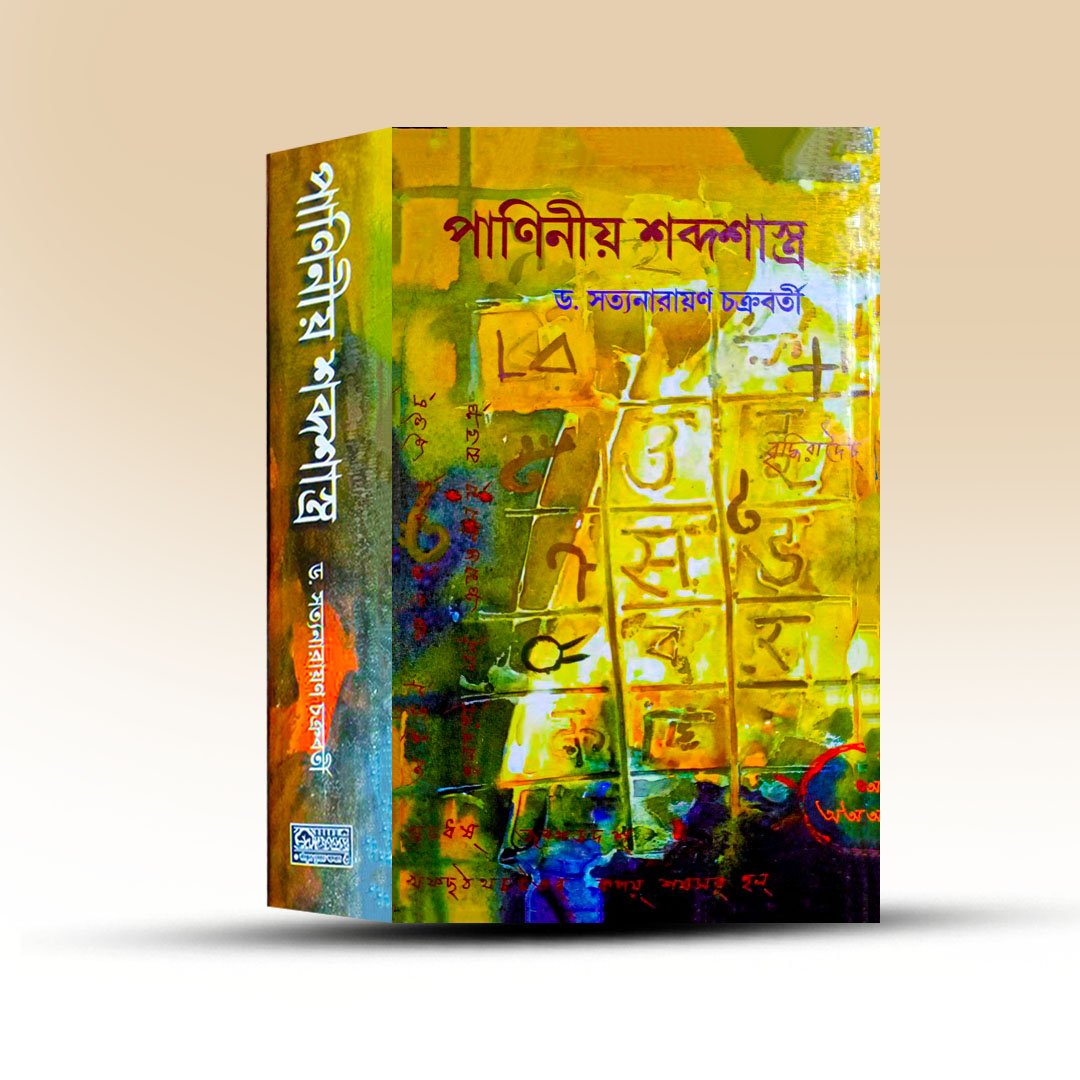
![Sanskrit Vedic Literature - Vaidik Joggo [Sanskrit Pustak Bhandar].jpg](https://boibipani.in/public/product/Sanskrit Vedic Literature - Vaidik Joggo [Sanskrit Pustak Bhandar].jpg)
![Sanskrit Vedic Literature - Vaidik Sahityer Ruprekha [Sanskrit Pustak Bhandar].jpg](https://boibipani.in/public/product/Sanskrit Vedic Literature - Vaidik Sahityer Ruprekha [Sanskrit Pustak Bhandar].jpg)
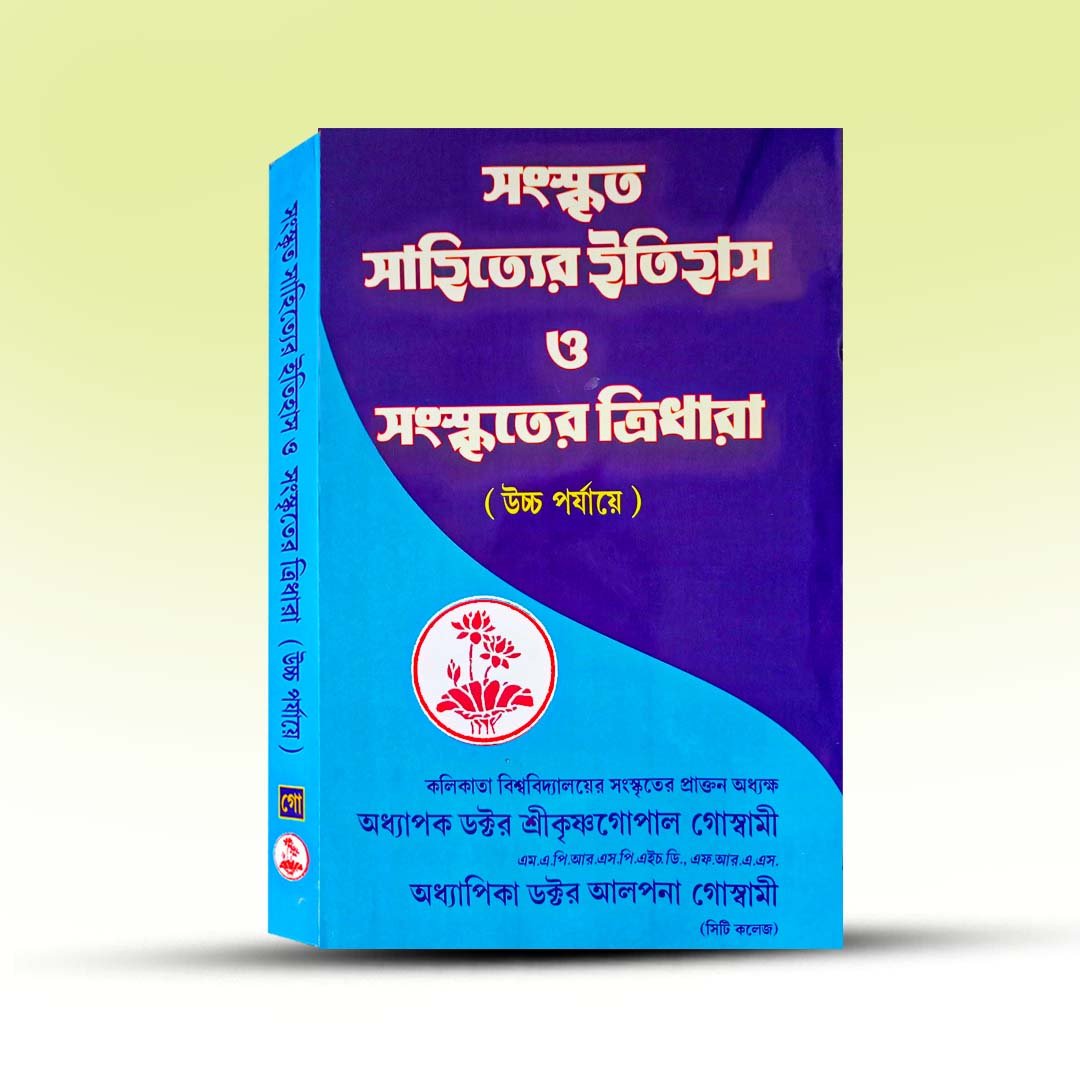


![Sanskrit Upanishad - Mahanarayan Upanishad [Dr Rakhesh Das].jpg](https://boibipani.in/public/product/Sanskrit Upanishad - Mahanarayan Upanishad [Dr Rakhesh Das].jpg)
![Sanskrit Grammar - Laghu Siddhanta Koumudi [Bipad Bhanjan Pal].jpg](https://boibipani.in/public/product/Sanskrit Grammar - Laghu Siddhanta Koumudi [Bipad Bhanjan Pal].jpg)
